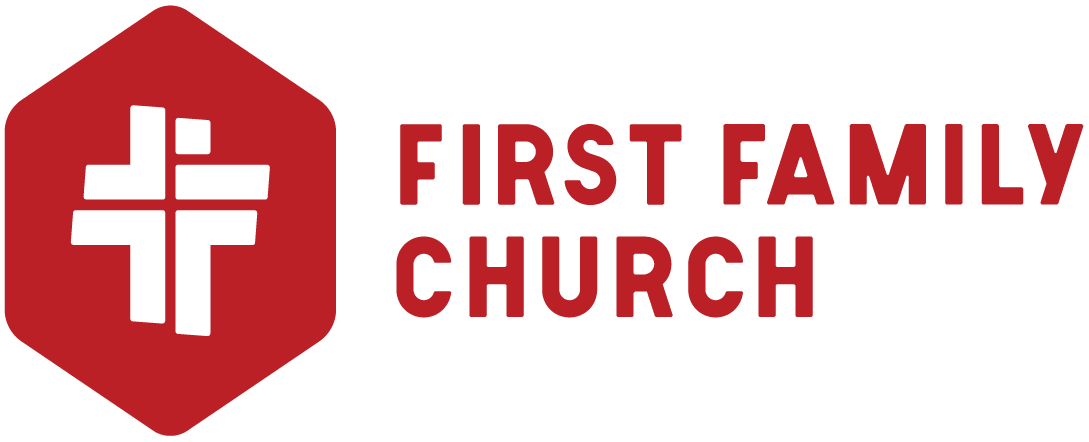Amos (Part 1) | Resources
Introduction to Amos
Amos is the first of the four eighth-century BC prophets, which also included Hosea, Isaiah, and Micah. Along with Hosea, Amos’s ministry was to Israel even though he was from Judah. He was a layman who did not consider himself a professional prophet (7:14–15). Through words and visions, Amos spoke against the superficial religious institutions of his day.
Duane A. Garrett, “Amos,” in CSB Study Bible: Notes, ed. Edwin A. Blum and Trevin Wax (Nashville, TN: Holman Bible Publishers, 2017), 1377.
Memory Verse
“Seek the Lord and live, or he will spread like fire throughout the house of Joseph; it will consume everything with no one at Bethel to extinguish it.” Amos 5:6 (CSB)
Bible Reading
Take time to engage with God’s Word this week. Answer these questions: What is the main idea of this passage? What’s something that stood out? How does this passage point to Jesus? How can I live out what I read?
– Day 1 — Amos 1
– Day 2 — Amos 2
– Day 3 — Amos 3
– Day 4 — Amos 4
– Day 5 — Amos 5
Discussion/Reflection Questions
1) Summarize the story that is being told.
2) Summarize the failures of God’s people as described in the book of Amos. Where do we still see these same failures today?
3) Why do you think injustice is such a prominent theme in Amos? Why does injustice anger God to the extent we see in this book?
4) What does this book teach us about God, ourselves, or the gospel?
5) How is the Holy Spirit prompting you to repent or obey?
Devotional
I asked a missionary friend who served overseas what the most significant difference is between the people he was with and Americans. He thought momentarily and said, “They aren’t allowed to own anything they have, so they are more prone to give away their possessions to someone in need. We Americans really like our stuff and will protect it at all costs.” What a profound, accurate, and convicting statement. I realized that when we protect our stuff, we begin to ignore the needs of others. We start to find excuses not to help, not to lean in, not to ask. We become indifferent to injustice.
Are we protecting what God has given us from those in need around us? Do we protect our money from the poor and neglected, children without fathers, single moms, the unborn, and the homeless? Do we protect our time and reputation from our neighbors and their struggles?
Christians should not be indifferent to injustice. In fact, the Christian is not indifferent to injustice. God’s blessings to us inside our Christian lives are not a shield to barricade us from the world’s injustices. It is a bridge to bring the afflicted into God’s Kingdom.
How can we affect the people God brings to our purview through prayer? It could be serving at the homeless shelter or starting a brand-new non-profit. It could be planting a church, selling all you have, and getting sent on Mission. It could be inviting your friend to church or starting a backyard Bible study. It could be simply inviting your neighbor over for dinner for the sake of Jesus Christ. It doesn’t have to bring change on a global scale. It just needs to be obedient to whatever God has placed in our hands to do.

